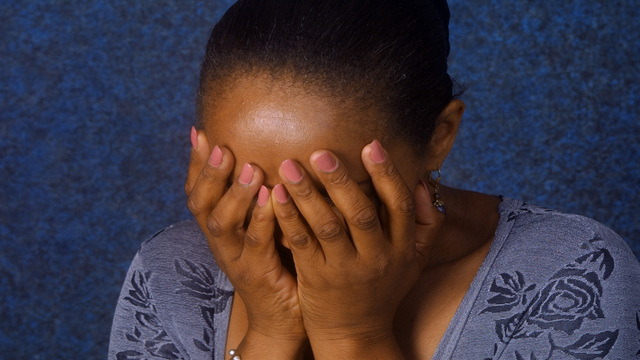 PhotoSpin
PhotoSpin
After last week's article about the baby blues and postpartum depression I was asked to give more indications on how to recognize postpartum depression.
One of the difficulties of initially recognizing PPD is that it can look extremely similar to the baby blues in the first couple of weeks after childbirth.
Similarities between the baby blues and postpartum depression
Here is a list of symptoms associated with postpartum depression:
• Changes in sleep patterns, sleeping more or less than usual
• Changes in appetite or weight
• Lack of energy or motivation to do anything
• Loss of joy or enthusiasm
• Inability or lack of motivation to take care of yourself or your appearance
As you can see from the list above, during the first few weeks after childbirth it could be easy to miss the signs. What is different about PPD is that it lasts longer and is more severe than the baby blues.
There are a few more signs and symptoms that you should be aware of that are more characteristic of depression that can help distinguish between the baby blues and postpartum depression. If you notice these signs in yourself or your loved one make an appointment for evaluation by a trained medical professional.
Indicators of postpartum depression
Here are some more serious signs of postpartum depression:
• Lack of interest in your baby and your baby’s well-being
• Negative feelings or resentment towards your baby
• Thoughts of harming yourself or your baby
• Feeling of worthlessness
• Recurrent thoughts of suicide or death
Another difference between PPD and baby blues is that PPD does not always start directly after birth. There are cases when signs of postpartum depression start weeks or months after the baby is born. The mother may be connecting with her child in the beginning and later begin to have signs of withdrawal and depression.
Postpartum depression is a slippery slope that sometimes gets overlooked but it can be successfully managed with the proper care from a trained naturopathic or doctor of conventional medicine.
Why it's important to get diagnosed and treated for postpartum depression
PPD is treatable condition. With the right support you can conquer it and create a loving environment for yourself, your child and your family. Untreated, it impacts your baby’s mental health as well. Depression untreated in the mother could impact your child by causing a higher likelihood of behavioral problems, cognitive development delays, social problems, emotional problems or depression in the child.
Don’t be ashamed if you suspect that there is something wrong with the way you are feeling after giving birth. Know there is support for you. Creating a healthy, happy mommy and baby are essential for a healthy family.
Live Vibrantly,
Dr. Dae
Dr. Daemon Jones
Dr. Dae's website: www.HealthyDaes.org
Dr. Dae's Bio:
Dr. Daemon Jones is your diabetes reversal, hormones, metabolism and weight loss expert. Dr. Dae is a naturopathic doctor who treats patients all over the country using Skype and phone visits. Visit her or schedule a free consultation at her website www.HealthyDaes.org/
Sources:
"Postpartum Depression and the Baby Blues: Symptoms, Treatment, and Support." Helpguide helps you help yourself and others. N.p., n.d. Web. 20 Aug. 2013.
http://www.helpguide.org/mental/postpartum_depression.htm
"Postpartum depression: MedlinePlus Medical Encyclopedia." National Library of Medicine - National Institutes of Health. N.p., n.d. Web. 13 Aug. 2013.
http://www.nlm.nih.gov/medlineplus/ency/article/007215.htm
Reviewed August 20, 2013
by Michele Blacksberg RN
Edited by Jody Smith






Add a CommentComments
There are no comments yet. Be the first one and get the conversation started!